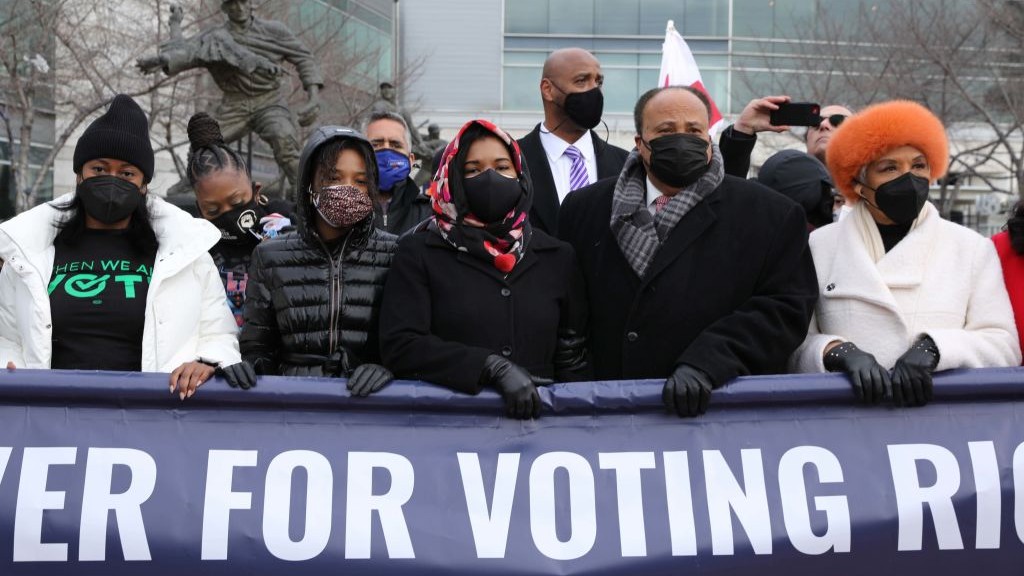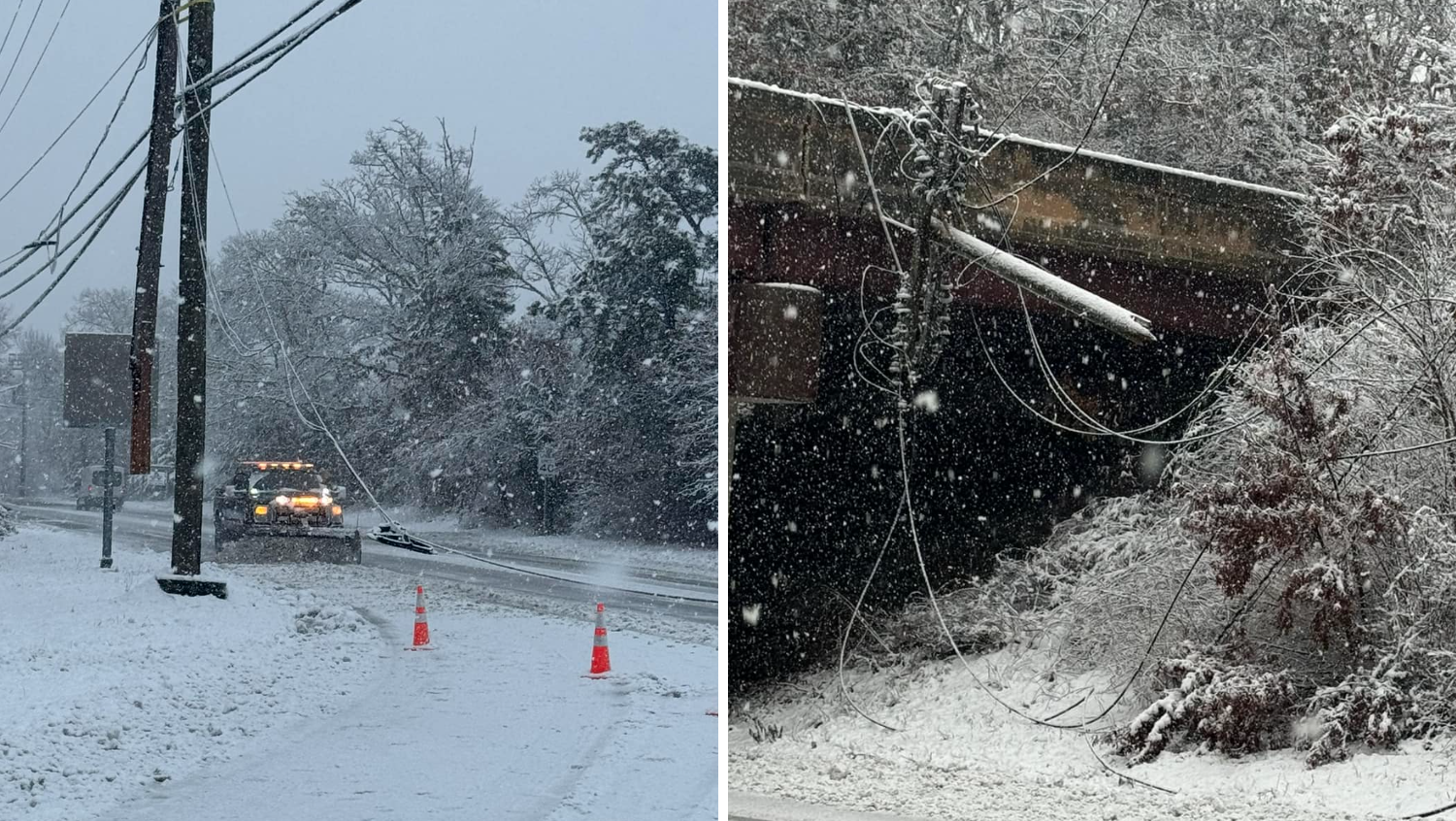The first state-commissioned bust of a Black person was unveiled at the Massachusetts State House Wednesday.
Honoring Frederick Douglass, the bust was unveiled in the recently renovated Senate chamber in a well-attended ceremony held on the abolitionist, orator and newspaper owner’s birthday nearly 130 years after he addressed state lawmakers himself.
Senate President Karen Spilka has said that she left two alcoves in the chamber vacant so she could enhance the diverse representation of historical figures in the State House, one with Douglass’ bust and another with a woman’s, possibly Abigail Adams.
“My hope is that people will see the Senate recognizes Frederick Douglass as one of our founding fathers, basically laying a strong foundation, raising issues, fighting for civil justice, for civil rights and that his words and actions still are with us, still have to stay with us,” Spilka said an interview last week.
Douglass’s bust is situated near a quote of his painted on the chamber’s tympanum: “Truth, justice, liberty, and humanity will ultimately prevail.” It was unveiled on what’s believed to be his birthday, which Massachusetts recognizes as Frederick Douglass Day.
It’s the first bust to be added to the Senate Chamber since 1898.
When Douglass escaped slavery, he settled in New Bedford and spoke about his experiences across the country through the Massachusetts Anti-Slavery Society, according to the National Park Service. His first speech to a mostly white audience happened in August 1841, during an anti-slavery convention held in the Nantucket Atheneum’s Great Hall, according to a town document.
During the Civil War, two of Douglass’ sons served in the 54th Massachusetts Regiment, according to NPS.
Douglass spoke with House and Senate members during a visit to Beacon Hill on May 10, 1894. He previously came to the State House about five decades earlier, according to the Worcester Daily Spy.
“I have appeared before the American people in a number of qualities. Once as a slave, 56 years ago, I was seized with a strong desire to see Massachusetts, and came North with that end in view,” Douglass told the House before visiting the Senate, according to the Boston Daily Journal. “Again I appeared as a fugitive slave and again as an advocate in behalf of the slave.”








